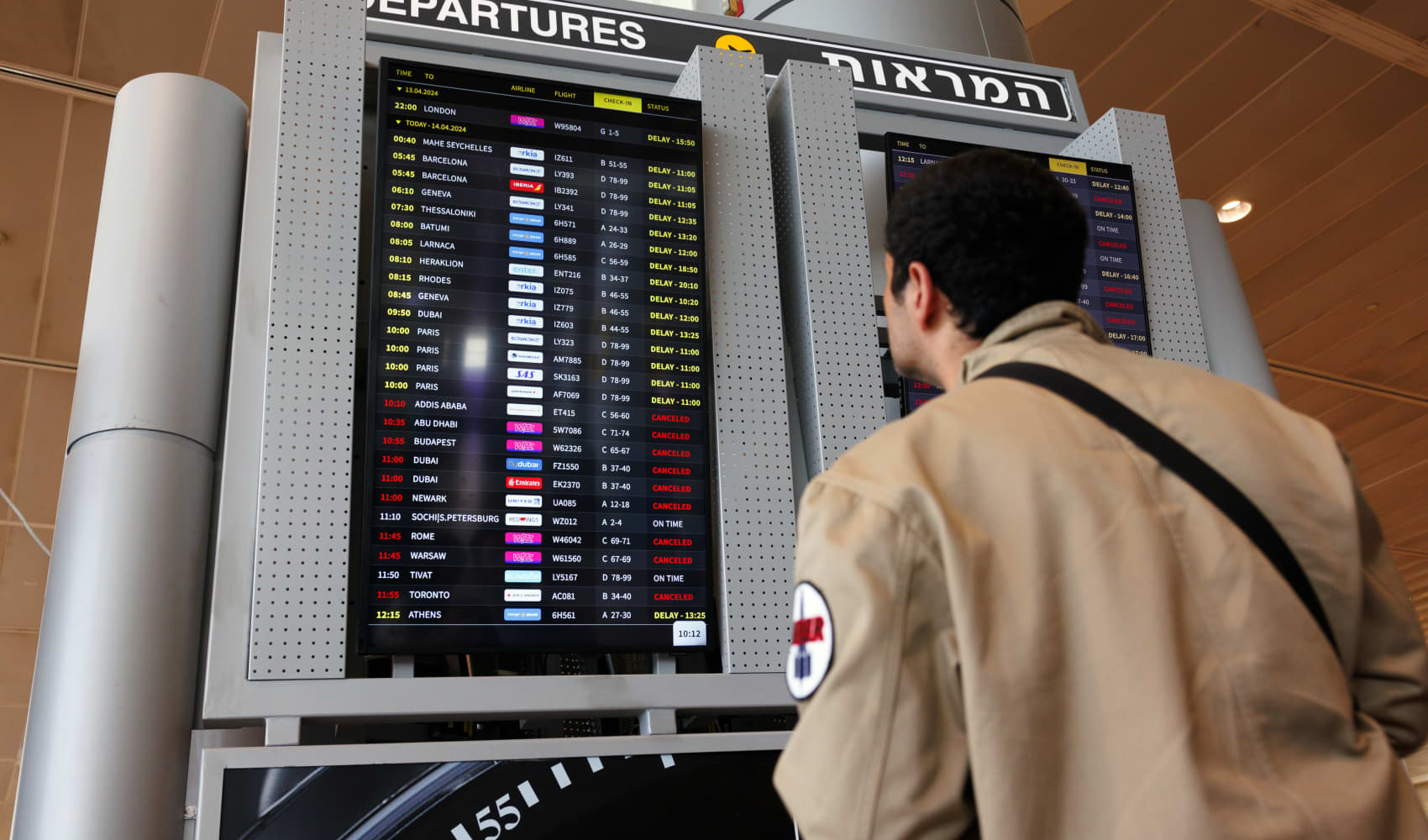
- Restaurants and the broader hospitality industry are feeling a labor crunch as they prepare for demand to come roaring back this summer.
- Hiring teenagers could be a potential solution to understaffing, but many teens opt to focus on extracurriculars or an internship instead of a traditional summer job.
- The pandemic has also introduced new safety concerns, leading some teens to limit the scope of their job hunts.
The restaurant industry is poised for a roaring comeback this summer, but understaffed eateries could dampen growth.
One potential solution for business owners: Hire more teenagers. That's easier said than done.
Andy Diamond, the president of the 12-location seafood chain Angry Crab Shack, said that he's willing to hire teenagers. He just doesn't think teens want the jobs he desperately needs to fill.
Get a weekly recap of the latest San Francisco Bay Area housing news. Sign up for NBC Bay Area’s Housing Deconstructed newsletter.
The restaurant chain is facing a shortfall of workers for back-of-house positions such as dishwasher and cook, according to Diamond. It's raised its hourly wage and is offering referral bonuses in the hopes of attracting serious applicants.
"Most teenagers, if they're applying, I don't think they want to work in a kitchen," Diamond said. "If they're applying, they're looking for 15 to 20 hours a week, and that's more likely front of the house."
Cooks and dishwashers tend to be 21 to 35 years old, he said. The jobs that are usually filled by younger workers, such as bussers, runners and hosts, are fully staffed.
Money Report
The mismatch between what jobs teens are looking for and what positions need to be filled is just one reason for restaurants' current troubles finding labor. The leisure and hospitality industry, which includes bars and restaurants, is still down 2.9 million workers from pre-pandemic levels. The April unemployment rate surprisingly rose to 6.1%, defying the expectations of economists who predicted a surge in hiring last month.
Business owners have pointed fingers for the current labor crunch at the enhanced unemployment benefits, saying that would-be employees prefer to collect the checks instead of working low-wage jobs. The enhanced benefits don't run out until September, although at least 11 states will end theirs early. Other considerations at the top of job seekers' minds include child care and the risk of contracting Covid-19. The restaurant industry's workforce skews female, according to data from the Bureau of Labor Statistics.
"I certainly have heard the anecdotes of cases where workers are earning more on unemployment than at a job, but I think it's incredibly difficult to parse out how much that is happening and if that is driving the bigger trend, because we have the public health question, the child care question," said AnnElizabeth Konkel, an economist for the Indeed Hiring Lab.
Most of those issues aren't a concern for teenagers. Child care largely isn't a problem. The Food and Drug Administration authorized use of the Pfizer vaccine for adolescents who are at least 12 years old, and Moderna is currently testing its own vaccine on youths. Teens may also need jobs to help support their family.
Traditionally, the restaurant industry employs about a third of all working teens. In 2020, 1.63 million people between the ages of 16 and 19 worked at food and drinking places, according to BLS data. That's down from 1.73 million teens a year earlier as the coronavirus pandemic led to soaring unemployment across industries, particularly in hospitality.
However, teen labor force participation was declining even before the pandemic. Extracurricular activities such as sports, volunteering and college prep are taking time away from teens' schedules, making them less likely to hold down a summer job. Internships — either paid or unpaid — took workers away from more traditional summer jobs such as lifeguarding or working at a restaurant.
Every year, the Greater Ocean City, Maryland Chamber of Commerce teams up with other local business groups to hold a seasonal job fair geared toward high school students.
"What we find is that there is still limited engagement in the number of those students participating in the seasonal workforce here," said Lachelle Scarlato, executive director of the chamber of commerce.
This summer, Ocean City is predicting a busier season than usual for its bars, restaurants and shops due to increased domestic travel. Without teens' labor, the area faces a serious shortage of workers. Embassies have been lagging in processing J-1 visas, which typically account for 4,000 to 5,000 seasonal workers for Ocean City businesses. Only about 100 of the visas have been processed so far for the season, Scarlato said.
For some teens, it's not for lack of trying. Karen Coyne from Hagerstown, Maryland, said that her 15-year-old son is struggling to find a job, despite having the required work permit for a minor. He's applied to several fast-food restaurants, but no luck. Coyne said they've gotten the impression that businesses don't want to hire someone his age.
Concerns about safety during the Covid-19 pandemic have introduced new reasons for teens to sit out of the workforce. Beyond health concerns, workers have also had to interact with belligerent customers who don't want to follow the locality's or business's guidelines. In March, a Jack in the Box worker was stabbed by a customer whom he asked to wear a mask.
Twenty-eight percent of respondents of Piper Sandler's semi-annual survey of teens said that Covid-19 impacted their part-time job or ability to find work. The firm conducted the survey between Feb. 19 and March 24.
However, internship postings on Indeed are down this year compared with both 2019 and 2020, and teenagers, like the rest of us, are antsy to leave their homes, according to Konkel.
"In general, there are less internships this summer, so a college student or teenager may be on the fence and end up saying that they're just going to work in a restaurant or retail store, a traditional summer job, especially if they're looking for pay," Konkel said.
Some families have limited the scope of their teens' job search because of the ongoing pandemic. Amy Gray is a mother of two teens who found summer jobs in Cleveland, where they live. Although both her 19-year-old son and 16-year-old daughter have been vaccinated, they limited their job search to positions that were outdoors or virtual.
"As a family we aren't eating in restaurants or going to other indoor places where people aren't wearing masks," Gray said. "Also, I work in a public service position and there's no way I'd ask my kids to deal with what I've had to deal with customer-wise over the past nine months or so."






